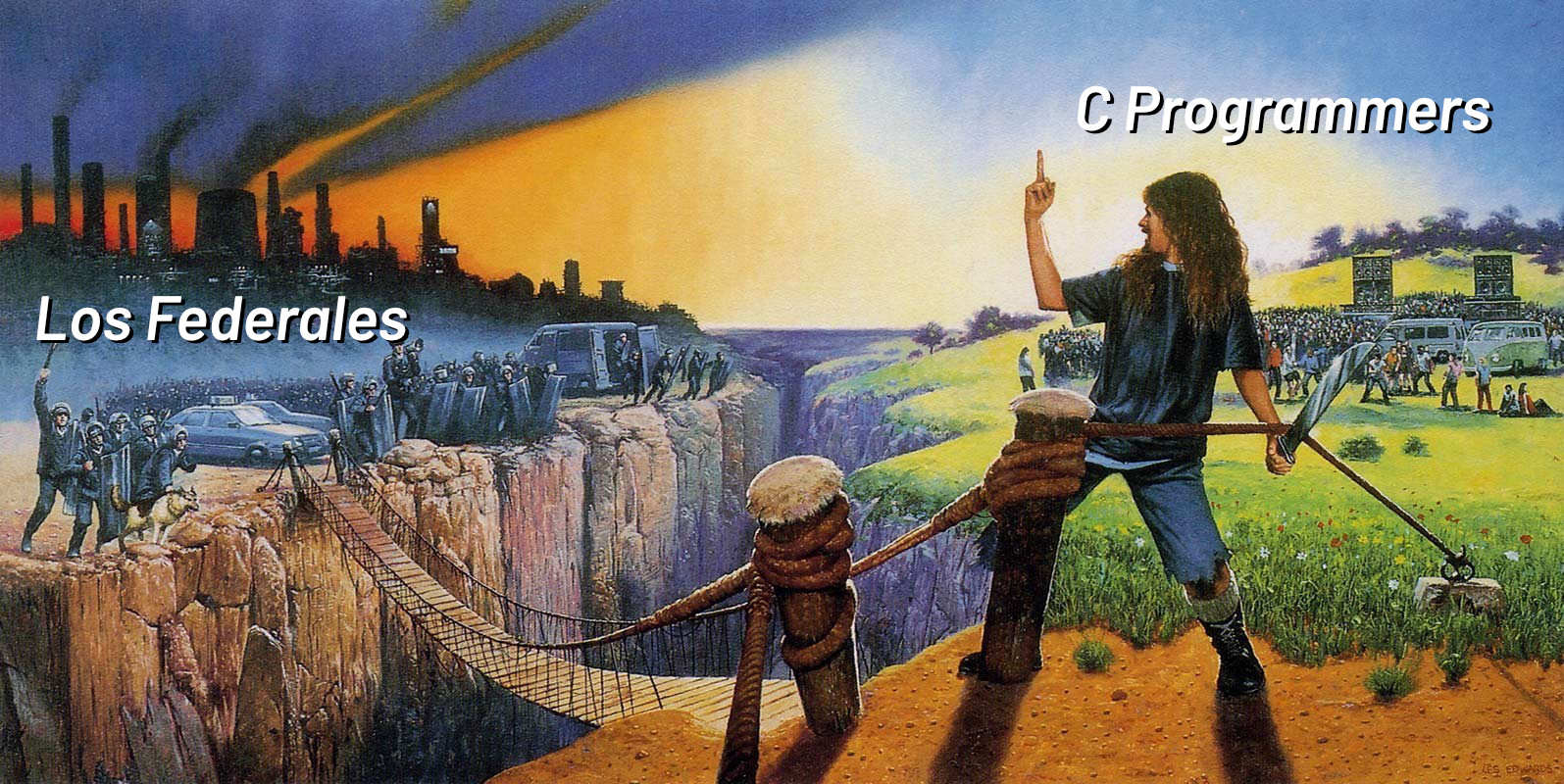Agreed. Teams are a powerful option.
I am working at same company almost 20 yers and yes I burned out several times. I have sport, healthy food and hobbies like learning new tech. These 3 things are enough for me.
Interesting, if you subscribed to the C lang community and downvote posts that support C... Who are you? Rust agents? 😁
Read about platform support, and faq. You should prefer custom installation, example for FreeBSD.
And are you rustacean?
Thank you for benchmark. Python is a player, lol.
Rust is very overhyped and I do not accept its syntax, boring. I like C and Hare. I am not a system dev, it's just a hobby, so my opinion can't be proved by solid experience. But I came to C after learning and trying using Rust in a hobby game dev. Hare I like to have in my backpack as an alternative, fresh and developing tool. It is not overhyped and his team are not trying to reach popularity. Just making not bad language. IMHO.
Some devs just learn new languages to expand their view or to avoid burnout. Yes, I agree that memory safety is not a problem and all these C-killers suck. Hare is not positioned as a C killer, it can be used together with C.
And look at today's situation in the industry. Try to say in the Rust community "Rewrite it in C" or suggest some newcomers to write in pure C some app. All these commercial developments smell bulked overhyped technologies that have only one goal - make money for companies and companies support these tech. All job offers do not expect you to be an expert in computer internals or C, or even JavaScript. You just need to know the frameworks.
All of these bring pure software quality. C will never die, and those who write on it will do. But newcomers need something different and better it will be as efficient as C.
It is just one point of view...
You can ask about it on the official IRC channel. The creator of the Hare is based there.
Thank you for your support. Yes, and new tech is not always good.
Thank you for your answer. I am not a professional C developer. I am learning it just for myself and have no production products written in C. And I can imagine how difficult is to support something really huge and commercial. Now C is more for hobby developing and tooling. But I know guys who are making desktop apps in C just for performance.
I advise you to learn something different and hard for you. Only this case will help you to grow and realize a lot of new.
- Rust for hard
- Nim for something different
- C for understanding how things work
All these languages are efficient and forget about hype and popularity. Language does not matter if you have what to write with it.
But the time machine has been written in C so you could not return back and had to write a C compiler from scratch. Here the story about returning to the roots begins...





Thank you. That's what most of developers need to realize.